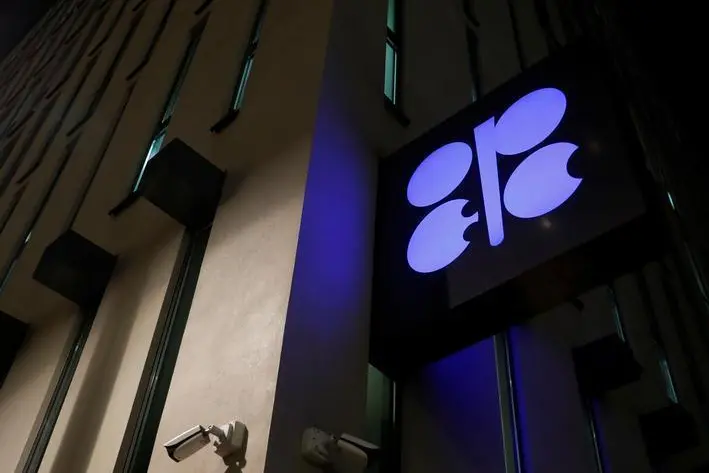PHOTO
- Oil prices surge on OPEC decision
- Wall Street indices drop
- Middle East markets mostly lower on Thursday
- Dollar weakens, gold prices rise
The Organization of the Petroleum Exporting Countries (OPEC) agreed to cut production by a 1.2 million barrels per day starting in 2019.
After a two-day meeting in Vienna, held at the end of last week, the producer group agreed to curb output by 800,000 barrels per day from January, while non-OPEC allies will contribute an additional 400,000 barrel per day of cuts.
Oil prices
Oil prices surged on Friday, following the OPEC decision, but gains were limited as market participants expect higher inventories in 2019.
U.S. crude rose 1.42 percent to $52.22 per barrel and Brent last stood at $61.39, up 2.21 percent on the day.
“Relative to how big this looming supply tsunami is, it is not nearly enough to prevent big inventory builds next year,” Robert McNally, president of Rapidan Energy Group in Washington, told Reuters.
Global markets
Internet and technology shares dragged Wall Street indices lower on Friday. Trade tensions between the United States and China also weighed on investor sentiment.
Technology shares tumbled, with the S&P 500 tech sector down 3.5 percent.
The Dow Jones Industrial Average fell 558.72 points, or 2.24 percent, to 24,388.95, the S&P 500 lost 62.87 points, or 2.33 percent, to 2,633.08 and the Nasdaq Composite dropped 219.01 points, or 3.05 percent, to 6,969.25.
MSCI’s global markets index shed 1.11 percent.
“It’s a crisis of confidence on the trade situation, what’s going to happen there, and maybe a little bit of a crisis of confidence in the Fed, given how quickly they have got to change their tune,” Walter Todd, chief investment officer at Greenwood Capital Associates in Greenwood, South Carolina, told Reuters.
Middle East markets
A drop in oil prices on Thursday weighed on most markets in the region.
Dubai’s index dropped nearly 2 percent on Thursday, as a fall in real estate shares dragged the index lower.
The Abu Dhabi index rose 1 percent, helped by a 2.5 percent increase for First Abu Dhabi Bank.
Abu Dhabi Commercial Bank added 1.1 percent and National Bank of Ras Al Khaimah gained 3.2 percent.
Emaar Properties dropped 4.3 percent, Union Properties also plunged, falling 9.9 percent, while Dubai Investments ceded 6.8 percent.
Saudi Arabia’s index fell 0.4 percent, as petrochemical shares dropped following the retreat in oil prices.
Saudi Basic Industries eased by 0.3 percent and Al Rajhi Bank shed 0.8 percent.
Qatar's index was mainly flat, with Qatar National Bank advancing by 1.4 percent and Ooredoo gaining 1.7 percent.
The Egyptian-blue chip index lost 1.6 percent, with 25 of its 30 stocks falling.
Kuwait’s index gained 0.8 percent, Bahrain’s index edged 0.2 percent lower and Oman’s index was mainly flat.
Currencies
The U.S. dollar weakened on Friday.
The dollar index, which measures the greenback against a basket of six major currencies, fell 0.17 percent.
Precious metals
Gold prices surged on Friday on a weaker dollar.
Spot gold gained 0.7 percent to $1,245.74 per ounce by 16:45 GMT.
U.S. gold futures were also 0.6 percent higher at $1,251.30 per ounce.
(Reporting by Gerard Aoun; Editing by Michael Fahy)
(Gerard.aoun@refinitiv.com)
Our Standards: The Thomson Reuters Trust Principles
Disclaimer: This article is provided for informational purposes only. The content does not provide tax, legal or investment advice or opinion regarding the suitability, value or profitability of any particular security, portfolio or investment strategy. Read our full disclaimer policy here.
© ZAWYA 2018





















